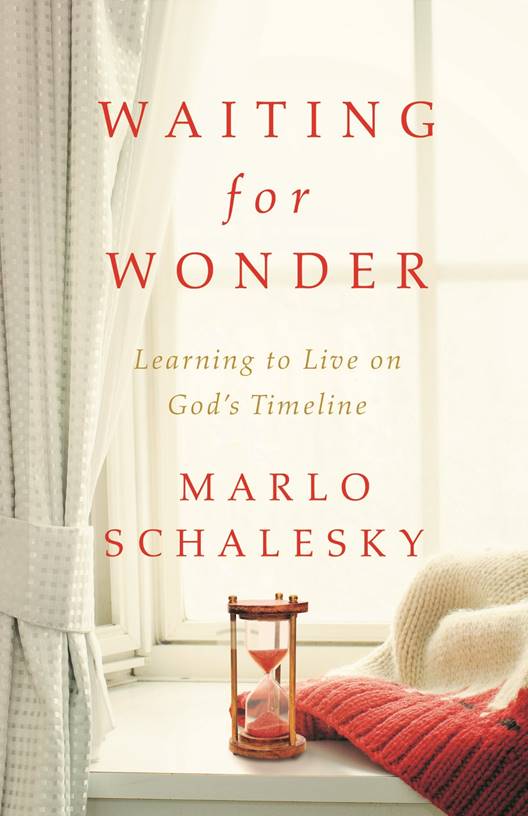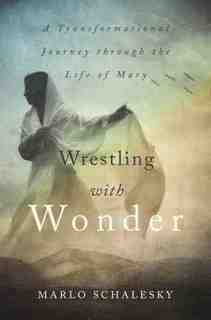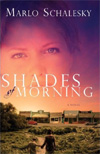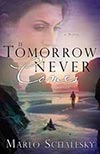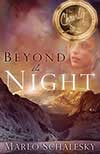 Hi Friends,
Hi Friends,With Christmas just behind us, I've been thinking about the power of memory in our lives. You see, memory is a powerful thing. We hear a song from our high school days and we’re transported to sweaty school dances and blasting the radio in our first car. The smell of brownies baking takes us back to pigtails and ponies. We drive by the house we lived in as a kid and remember the swingset in the backyard and how that rotten kid from next door blew spitwads through the hole in the fence.
Ever gotten sick on a type of food? You’ll never want to have that again. And don’t even think about naming your child after that whiny little brat that sat behind you in the fourth grade, even if your spouse loves that name.
Memory. It’s why we treasure photos, display mementos, keep in touch with people from our past. It’s why God set up festivals for the ancient Israelites and told them to erect memorials at significant places in their history.
Memory. It’s why the sight of a stuffed stocking takes me back to those early mornings in my childhood when my brother and I would wake up before dawn, run to the fireplace, get our stockings, and race back to my parents’s bed. Mom was always ready. Dad pretended to complain. And together, with lots of giggling and the thrill of anticipation, we’d pull out the gifts from our stockings one by one. Simple things, boring really. Candy. A toothbrush. Some silly plastic toy. Things that would be used up or forgotten in just a few short weeks. And yet, opening stockings is my favorite Christmas memory from childhood.
Why? I think it’s because good memories are not necessarily made from the “big stuff.” Rather, they’re fashioned out of warmth and happiness and times together. They’re woven with laughter, colored with simple, plain joy. They come from times when you experience love.
So, this year, I’m thinking about the memories I’m making over this season, for my kids, and for myself. I don’t want those memories to be ones of a Mom who’s running around with too much to do and too little time to do it. I don’t want them to be of hustle, bustle, wrapping, unwrapping, cooking, cleaning up, cards, and everything that makes the season crowded.. I don’t even want them to be of the cool stable-and-horse set that my girls unwrapped Christmas morning. Or the cheap kid’s guitar for my oldest (age 7), or the new “ooo-ahh” (stuffed gorilla) for one of my 2-year-old twins.
Because the toys will break, get old, get lost, or they’ll outgrow them. But they won’t outgrow the happy memories of family times together. The memories of decorating Christmas cookies with laughter and joking – those won’t get old. The times we make a gingerbread house together, or sit down and watch the Grinch – those won’t break. The simple things make the best memories. Times when we’re together as a family, having fun, enjoying the traditions we’re building together.
So, that’s my goal this Christmas season and New Years, to weave memories of peace, love, togetherness, because that’s the best gift I can think of to celebrate Jesus’ birth -- Memories that bring a smile to the face of children . . . and to the face of the King.
For more about the power of memories in our lives, check out my next novel, Beyond the Night, releasing in May. A woman in a hospital bed, a man sitting beside her, and between them, a memory that can set her free.
Find out more at: http://www.marloschalesky.com/
To pre-order Beyond the Night, click here: http://www.amazon.com/Beyond-Night-Marlo-Schalesky/dp/1601420161/ref=pd_bbs_sr_2?ie=UTF8&s=books&qid=1196976751&sr=1-2







